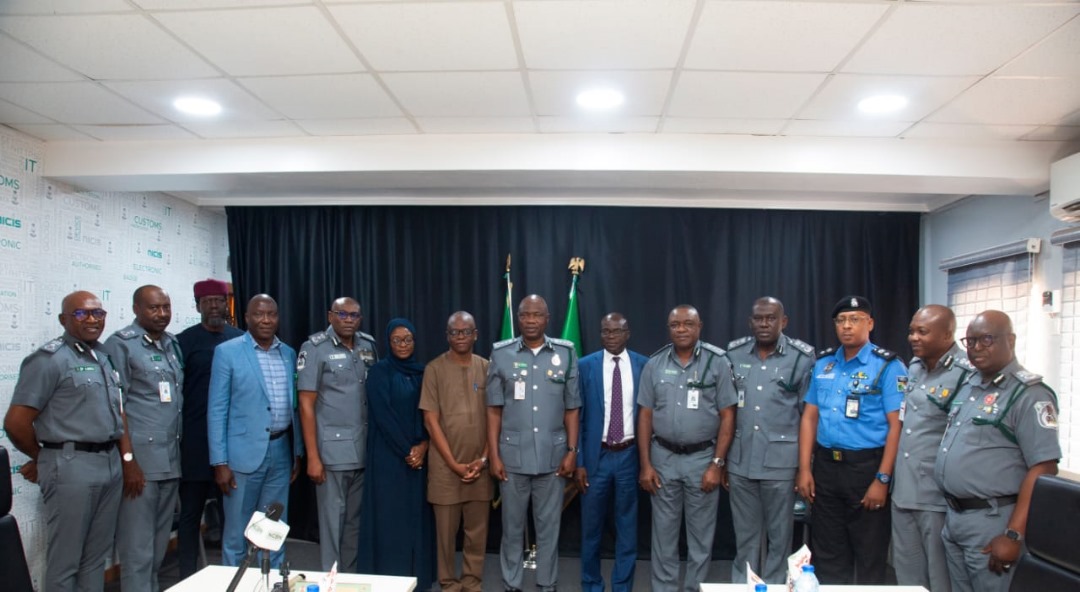The Comptroller-General of Customs, Bashir Adewale Adeniyi, has inaugurated a committee on the disposal of overtime cargo.
The inauguration of the committee, which was done in Abuja on Wednesday at the Customs headquarters in Abuja, was in line with the provisions of the new Customs and Excise Management Act (CEMA), which empower the NCS to dispose of containers that have exceeded their allotted time in the ports.
In a statement issued on Thursday by the Customs spokesman, Abdullahi Maiwada, the Customs CG, during the event, emphasized that alleviating port congestion stands as a paramount objective for the Nigeria Customs Service, as well as President Ahmed Bola Tinubu, offering the promise of heightened efficiency and enhanced trade facilitation.
He said, “It’s worth noting that approximately six months ago, the new NCS Act received the former President Mohammed Buhari’s signature, ushering in substantial modifications to the previous protocols governing the disposal of overtime cargo.
“The Act also stipulates that goods must be disposed of through public auction or tender, to be widely publicised in advance through national newspapers, television, and the service’s official website.”
Speaking on the development, General Manager, MD’s office, Nigerian Ports Authority (NPA), Ayodele Durowaiye, said, “We have containers that have been there for over ten years, occupying economic space for which we are unable to dispose. So this is a significant relief for our operations. We are delighted that we have reached a point where we can begin to remove some of these lingering containers and overdue cargo from the port.”
The committee, which will be chaired by a yet to be named Customs officer, has its members drawn from the office of the Attorney General of the Federation and Minister of Justice, the Federal Ministry of Finance, the Nigerian Police Force, the Department of State Service (DSS), Nigerian Ports Authority (NPA), the National Agency for Food, Drugs and Control (NAFDAC), a representative of the Economic and Financial Crimes Commission (EFCC), and the Independent Corrupt Practices Commission (ICPC), among others.
